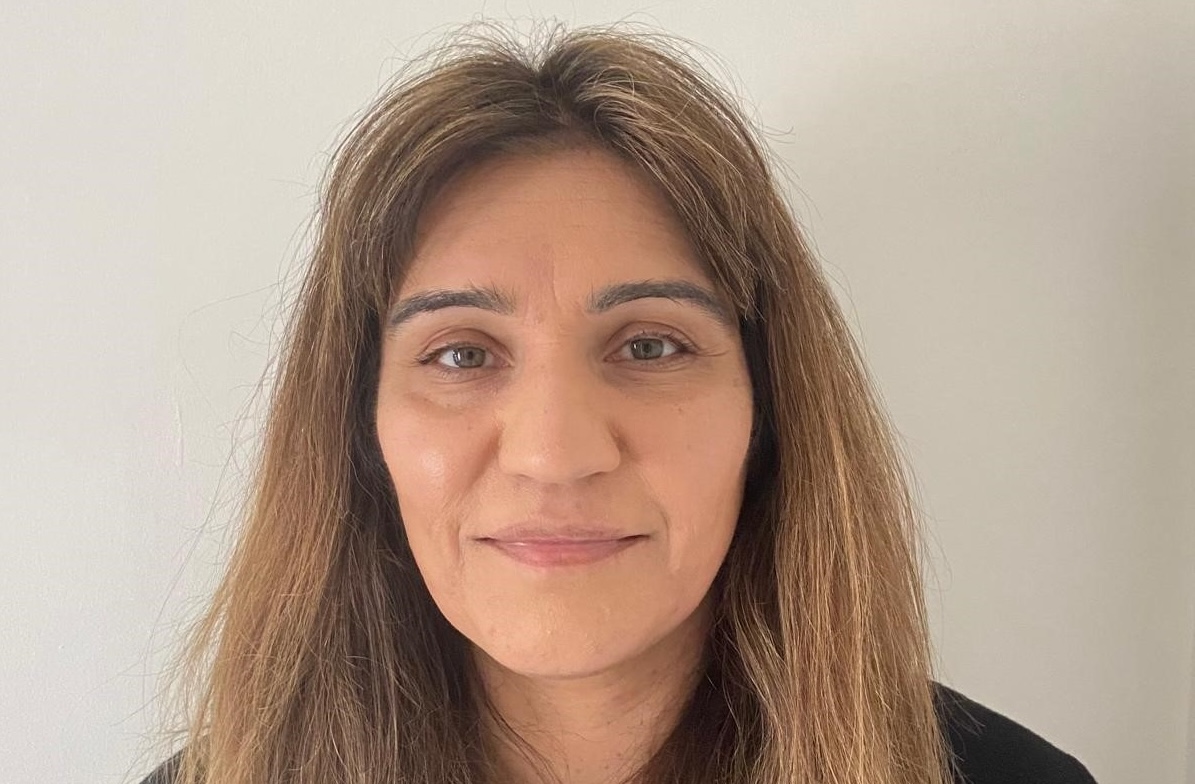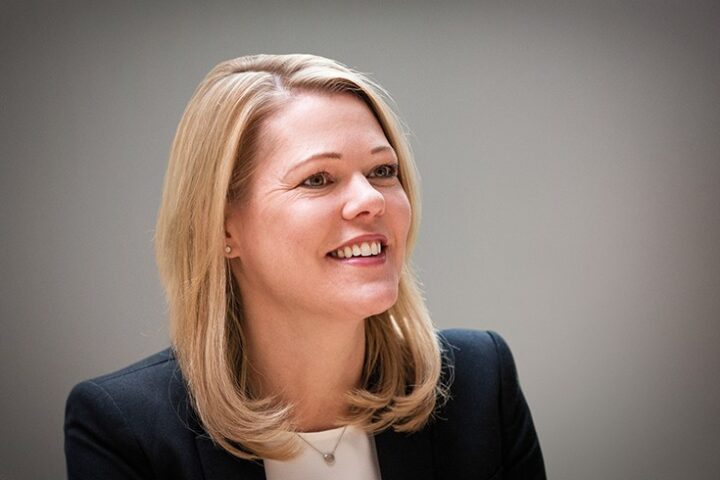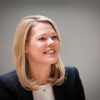When I first told my parents I wanted to do maths at university, they looked at me with an expression that simply said: “why would you want to do that?”
At that time, it felt as though maths was a subject that boys and men were often incredibly confident at, and perhaps not somewhere girls and women could thrive in to the same extent. At university, I’d say fewer than a third of the people on my course were women.
This is still a problem now – a study by Engineering UK showed that 115,000 more girls would need to study maths or physics at A Level to bridge the gender gap in higher education.
I chose maths because it was what I loved, what I was good at, and it was something I wanted to use in my career. The problem-solving aspect of maths was what I enjoyed – there is always a solution at the end.
My parents came round to the idea of studying maths and my dad told me he’d be supportive of my decision, as he could see it could be used in a career.
A fulfilling career
In my role as the chief risk officer at financial mutual OneFamily, my experience as an actuary allows me to understand how the business works, and my maths knowledge helps me to think analytically to move the business forwards.
When I think about risk in business – and it could be anything from finance, protecting against potential cyber-attacks, or customer-related issues – I’m able to think about it strategically because of my background.
It all goes back to problem solving. The skills I learned through maths allow me to consider what could go wrong and how to prevent it.
Sometimes it’s not just about stopping risk, it’s also about if we need to take more risk to move forward and weighing up the possibilities to achieve the best outcome.
I know first-hand how enjoyable it is to learn maths and what a fulfilling career it can lead to.
But I’m also aware that still, there are too many girls who don’t feel welcome in maths-related industries. And I understand why, sometimes it can still feel like maths is a subject for boys and in the working world, related careers can often be male dominated.
However, it’s vital that all girls know maths is for them, too.
Thought diversity
Not only is achieving gender equality a good thing for female individuals who want a career in the sector, but it has a positive impact on the quality of work and success of businesses too.
Having a diverse team in any industry means varied viewpoints are brought to the table, which helps tackle complex problems in innovative ways.
Diversity of thought leads to better decision making, and bringing different voices and perspectives together is essential to producing well-rounded and thorough strategies. We need girls and women to be part of the conversation for the sector to thrive.
When young people see role models of all genders succeeding in maths and finance, it breaks down stereotypes and supports inclusivity. It makes them see that they can do it, too.
Maths4Girls is a charity which encourages professionals who work within maths-based sectors to speak in classrooms and inspire students to study the subject beyond GCSE.
I first got involved with the charity following a discussion with the Institute and Faculty of Actuaries (IFOA) and I’ve since spoken to children in schools about my experience as an actuary. A lot of young people may not know what an actuary is, so to see a female role model is incredibly encouraging for them.
I love seeing girls becoming engaged when we speak to them about our careers and the opportunities maths can offer. Students often talk to us during the sessions and ask questions to find out more, many of which haven’t previously thought about how maths can be used in a potential career.
It’s so hard for young people to decide on which subjects to choose to study at age 16, but my best advice is do something you enjoy as if you enjoy something then you are more likely to succeed in it.
I believe maths and related sectors – including finance – are becoming increasingly a place where women feel they belong. But there is still a way to go in supporting and encouraging girls to help them reach their full potential.
The solution to this problem is ensuring female role models in maths and finance sectors are visible to young people. I want to see more girls and young women choosing to study these subjects because they enjoy them, knowing finance is a place where they are welcome and will thrive.
Feryal Nadeem is chief risk officer at OneFamily

















